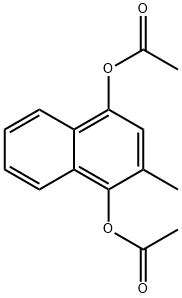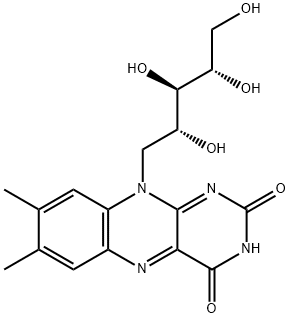DL-MethionineMethylsulfoniumChloride , 10mMinWater , 3493-12-7
Synonym(s):
(3-Amino-3-carboxypropyl)dimethyl sulfonium chloride;Methyl-methionine sulphonium chloride;MMS;Vitamin U
CAS NO.:3493-12-7
Empirical Formula: C6H14ClNO2S
Molecular Weight: 199.7
MDL number: MFCD00031700
EINECS: 222-484-4
| Pack Size | Price | Stock | Quantity |
| 1ml | RMB159.20 | In Stock |
|
| others | Enquire |
PRODUCT Properties
| Melting point: | 139-140 °C (dec.) |
| FEMA | 3445 | DL-(3-AMINO-3-CARBOXYPROPYL)DIMETHYLSULFONIUM CHLORIDE |
| storage temp. | Inert atmosphere,Room Temperature |
| solubility | H2O: soluble100mg/mL, clear, colorless |
| form | Solid |
| color | White to Off-White |
| PH | 4.0-5.5 |
| biological source | synthetic |
| Water Solubility | Water: 250 mg/mL (1251.88 mM) |
| JECFA Number | 1427 |
| Merck | 14,6098 |
| BRN | 4163617 |
| Stability: | Hygroscopic |
| InChIKey | MYGVPKMVGSXPCQ-UHFFFAOYSA-N |
| CAS DataBase Reference | 3493-12-7(CAS DataBase Reference) |
| EPA Substance Registry System | Sulfonium, (3-amino-3-carboxypropyl)dimethyl-, chloride (3493-12-7) |
Description and Uses
DL-Methionine methylsulfonium chloride, also named Vitamin U, is a powerful antioxidant. It is a sulfur derivative substance. Graviola leaves contain much vitamin U[1]. Vitamin U have unique antioxidant effect. It could prevents Galactosamine-induced gastric damage and protects pentylenetetrazole-induced brain damage in rats[2-3].
Vitamin U (DL-methionine methylsulfonium chloride) is a natural methionine-derivative, found as an active component in the methionine cycle of plants where it serves as a substrate for methyl transferases (Augspurger et al., 2005). Historically this compound has been utilized as either a cure or preventative against gastric and duodenal ulcers (Nakamura et al., 1981).
Safety
| Symbol(GHS) |  GHS07 |
| Signal word | Warning |
| Hazard statements | H302-H315-H319-H335 |
| Precautionary statements | P261-P280-P301+P312-P302+P352-P305+P351+P338 |
| Safety Statements | 24/25 |
| WGK Germany | 3 |
| HS Code | 29309090 |





